This post may contain affiliate links. Read my disclosure policy here.
5 Minutes for Books reviewer Dawn shares some suggestions for exploring poetry with your children. Some books featured here were received as reviewer copies, and affiliate links are included in the post.
April is said to bring spring warmth and rain, flowers and sunshine, and interestingly enough, those are all topics fitting for poetry, which is perfect for April, as well. Established nineteen years ago by the Academy of American Poets, National Poetry Month is celebrated every April in schools, libraries, and homes across the U.S. Regardless of location, anyone can join in the fun by reading poetry all month long.
Much of my reading focus over the last fifteen years or so has been on children’s literature, as both a teacher and a parent, and the vast majority of poetry that I’ve read has been written for children. Reflecting on how I’ve tried to incorporate poetry into snuggly rocking chair reading time with my babies or with a whole class of preschoolers, I see some different types of poetry emerging.
Baby’s First Poetry: Nursery Rhymes
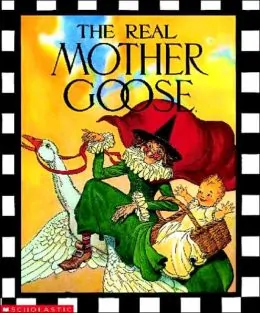
Poetry in Picture Books
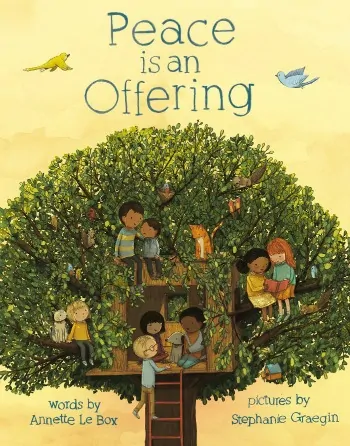
Bringing haiku into the mix is another new picture book, Won Ton and Chopstick (check out my review and giveaway at 5 Minutes for Books) by Lee Wardlaw. Wardlaw’s second book about Won Ton, a tough but tender shelter cat adopted by a young boy, sees Won Ton’s newfound comfort getting tread upon by the arrival of a puppy in the house. The classic haiku structure has long appealed to children, especially elementary school children who can’t help but count the syllables as they read along. Amy Ludwig Vanderwater’s Forest Has a Song is another personal favorite, perfect for encouraging a love and appreciation of the outdoors. In this collection of twenty-six poems, all four seasons are described in poems of various lengths, perfect for reading just a few in a sitting if you’re pressed for reading time.
Funny Poems to Get Kids Laughing
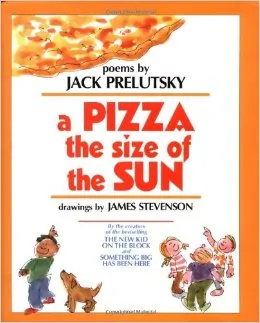
Storytelling in Verse: Poetry for Older Readers
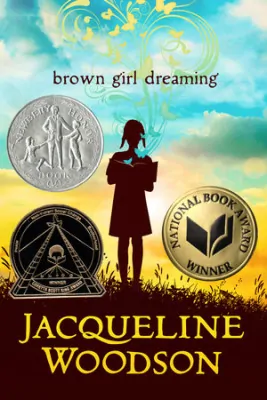
Thanhhà Lại’s Inside Out and Back Again, also a Newbery Honor Book and National Book Award winner, is a novel based on the author’s experience of immigrating to the United States after leaving Vietnam during the war. This highly praised novel sits on our living room shelf adjacent to Woodson’s, in the “on deck” position right now, and I look forward to reading it with my daughter soon. I hope that she can draw out parallels between the two books in both structure and form, as well as thematically. Poetry can open young readers’ eyes to the experiences of others in the world, and do so in a format that encourages critical thinking during reading.
Whatever your children’s ages, there are poems out there in various forms for them to give a whirl. Celebrate National Poetry Month this April with some good old Mother Goose, a haiku, a rhyming picture book, some laugh-inducing collections, or a novel in verse. Happy reading!
Pin It For Later
Be sure to check out our new 5 Minutes for Books Pinterest page, as well as the books board at 5 Minutes for Mom‘s page.
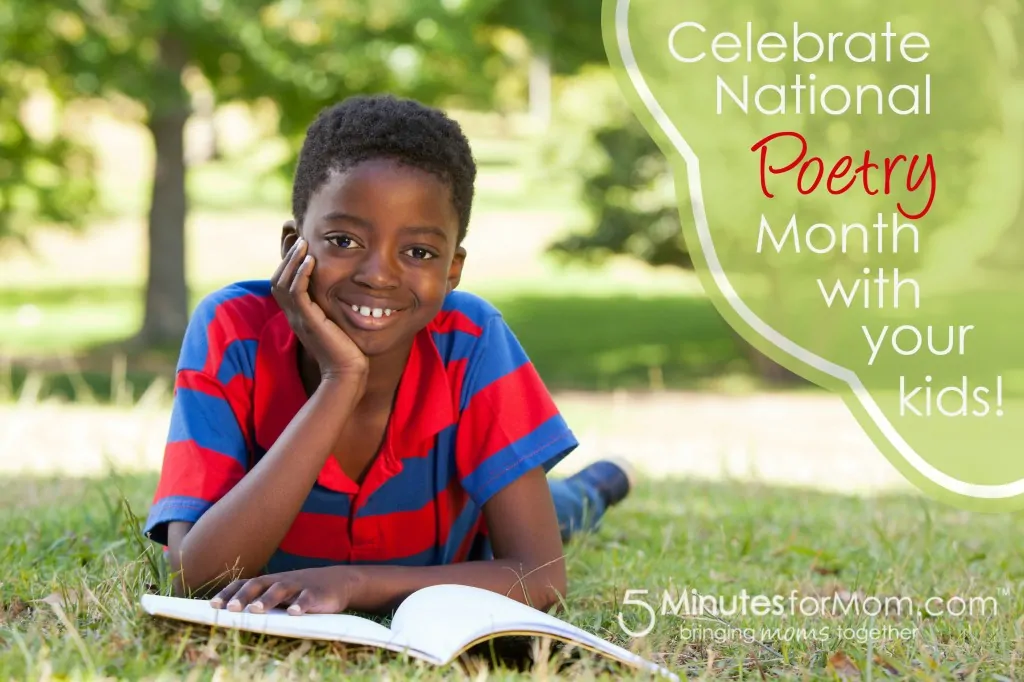
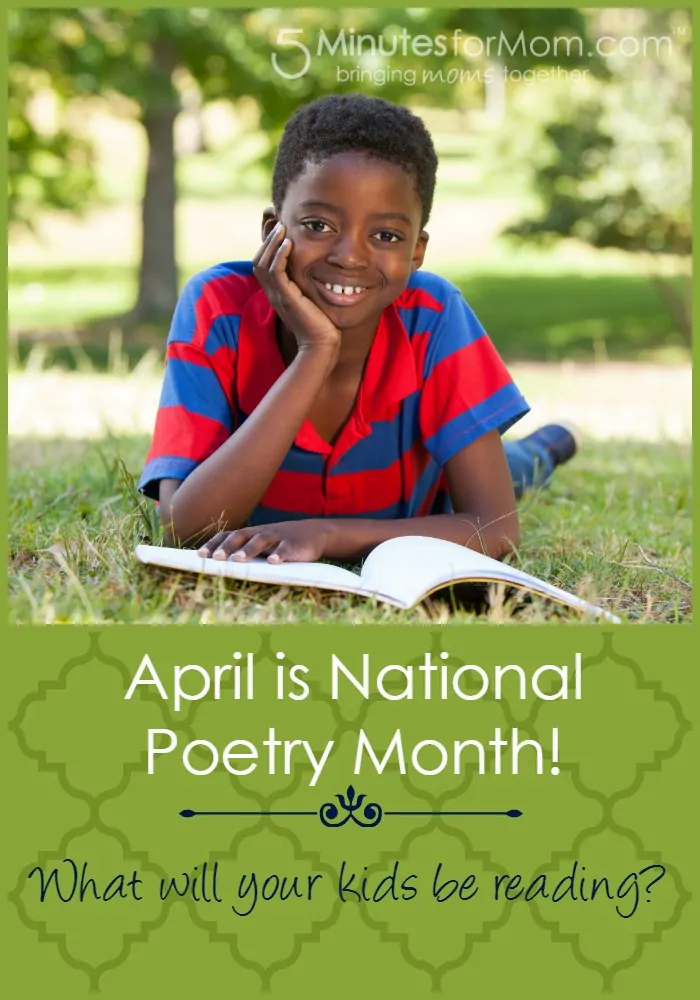









Leave a Comment